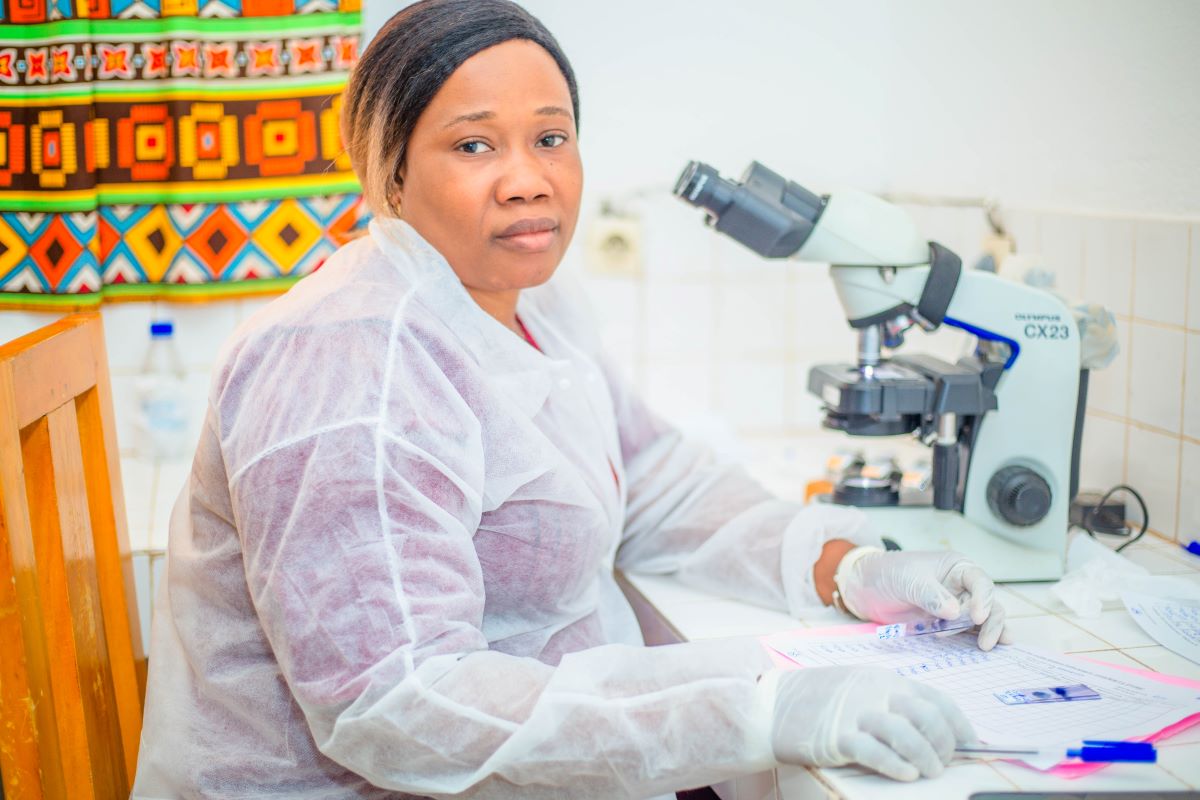To equip health care professionals, lab practitioners and public health officials with the skills they need, ECHO partners are leading special sessions and online events to share mpox-specific best practices in prevention, detection and response measures.
These efforts are currently spearheaded by:
- Africa Centres for Disease Control and Prevention
- African Society for Laboratory Medicine
- National Institute of Public Health Cote D’Ivoire
- Sudanese American Medical Association
- World Health Organization
Innovating at the Forefront
“To prevent mpox from spreading further, we need to take swift action by sharing knowledge and resources. It’s encouraging to see that African health agencies are already using innovative methods to quickly respond to these outbreaks,” says Dr. Caroline Kisia, Project ECHO’s Africa director, based in Nairobi, Kenya.
The learning networks that Project ECHO built in response to the global COVID-19 pandemic have proven to be flexible and scalable, making for emergency preparedness and response worldwide. ECHO was critical in supporting the response to the Ebola in Uganda; and providing trauma care training to frontline health workers in Sudan and Ukraine.

An electron microscopic image of mpox virus particles obtained from a clinical sample associated with the 2003 prairie dog outbreak. It was a thin section image from a human skin sample. Photo Credit: Cynthia S. Goldsmith, Russell Regnery, provided by the CDC’s Public Health Image Library.
Critical Collaborations
Building on this expertise, in 2023, Project ECHO was designated as the first WHO Collaborating Centre for Digital Learning in Health Emergencies to boost global capacity for emergency response by sharing the latest knowledge and resources. As a collaborating center, Project ECHO supports workforce capacity building and delivers synchronous digital learning solutions for health emergencies to WHO’s headquarters, regions, countries and special units.
“Mpox outbreaks highlight the critical need for rapid, global collaboration in public health. Through Project ECHO, we are empowering health care workers with the knowledge and tools they need to respond swiftly and effectively, no matter where they are. Our commitment is to ensure that no community faces these challenges alone, as we continue to share expertise and build capacity,” says Dr. Bruce Struminger, director of global health initiatives at Project ECHO.
As the mpox public health emergency continues to evolve, Project ECHO is committed to helping governments and communities with fast, low-cost and scalable solutions to effectively respond to the emergency.
- To learn more about the WHO Collaborating Centre for Digital Learning in Health Emergencies, visit iECHO.org.
- Read more about Project ECHO’s impact in the field of emergency preparedness and response on our Stories page.
Photo Credit: The featured image in this story was captured by photographer Mme Yao Chantal in Côte d’Ivoire for Project ECHO, November 2023.

